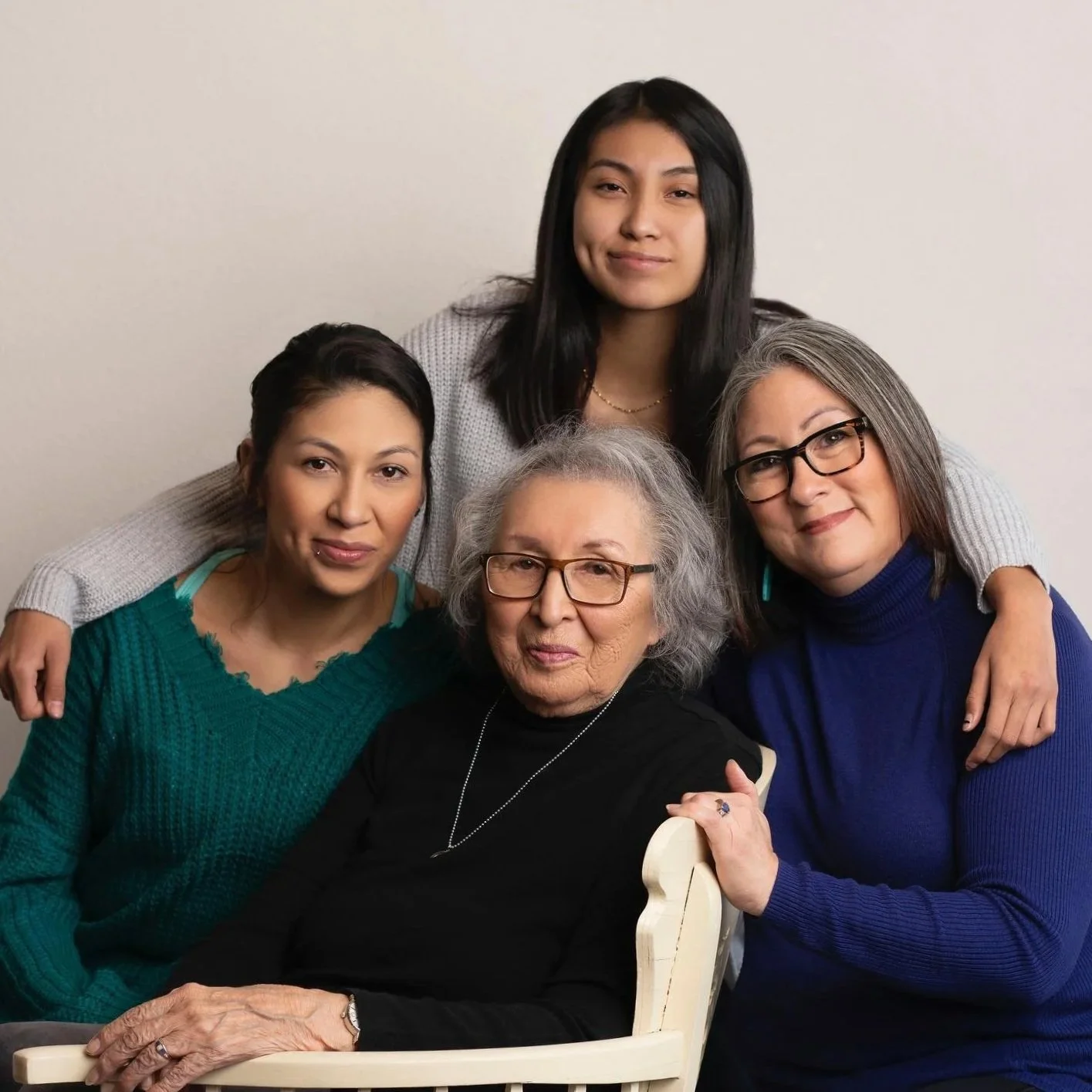“Who is your mother?” A Hocąk Story of Connection
A common question asked by an elder who doesn’t recognize you when you introduce yourself is: “Who’s your mother?” My answer—“Lenore LaMere Sweet”—usually brings a nod of recognition, and the rest of the story becomes unnecessary, because in our small Nation of fewer than 8,000 enrolled tribal members, the majority of Hocąk (Ho-Chunk) people are connected in some way.
My nąąni (mother, in Hocąk) is a descendant of French fur trader Oliver Armell and Hiinų Wyna, a Hocąk woman. They were among the first people recorded to have settled at Teejop (Four Lakes, today called Madison, Wisconsin). Of course, the history of our people in Wisconsin and the surrounding area long predates written records, so I’m grateful that someone eventually began documenting these connections—allowing my mother, and now me, to trace our family lineage.
Nindede (my father, in Ojibwe) George Sweet was an enrolled member of the White Earth Ojibwe Tribe and was mostly of European descent. Although he was not Hocąk, he was warmly accepted into the Hocąk community.
The Haudenosaunee (People of the Longhouse) from whom our Oneida neighbors descend, teach that the choices we make today will affect the next seven generations. The fact that I am part of the 7th generation in our recorded family tree, reminds me of my responsibility to be a good steward and to help preserve our culture. I must admit, I did not share as much of this knowledge with my children as I should have while they were growing up—but now it is time to begin filling that gap.
Across the continent, there seems to be a cultural renaissance—a renewed emphasis on cultural preservation, food sovereignty, and land stewardship. Or perhaps it is simply my own realization that I need to help preserve this future for my children and their children. Whatever the reason for my renewed commitment to Hocąk history and traditions, I am excited to share what I can with those who wish to join in supporting the preservation of our people’s story.
